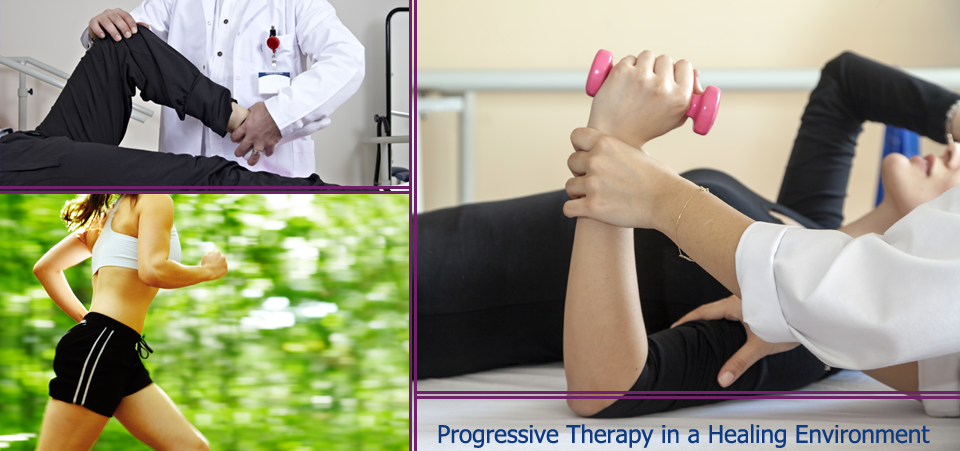Post-Concussion Therapy in Baltimore
|
What is a Concussion?
A concussion is a form of a traumatic brain injury that is caused by an impact to or “jarring” of the brain. This impact may occur externally (i.e. blow to the head) but may also only occur internally (jarring). If the force is large enough to cause the brain to quickly shift and pull on the structures within the skull, it may result in a concussion that requires our post-concussion therapy in Baltimore. The jarring motion of the brain causes a quick back and forth or rotating movement which creates a chemical change and sometimes stretching injury to the neurons and brain cells.
Our nerves are responsible for regulating basic functions of our body, if damaged, our brain may have difficulty with basic tasks such as regulating heart rate with exercise, or maintaining balance and coordination.
|
|

|
This chemical change alters your nerves ability to function, even if structural damage is not present, thus it is possible that concussions are not evident on imaging studies performed.
The Center for Disease Control estimates that 3.8 million concussions from sports-related injuries occur each year. These injuries, along with falls and motor vehicle accidents, constitute the greatest source (70.3%) of concussions.
Physical therapy has been proven to help the following concussion categories:
• Cervical
• Ocular
• Vestibular
|
 |
Common Symptoms Associated with Concussion:
|
• Dizziness/Nausea (80% of all Concussions)
• Feeling of being “Off Balance”
• Neck Pain/Stiffness
• Headaches
|
• Weakness of Neck and Upper Extremities
• Production of Symptoms with Physical Exertion
• Fogginess
|
• Changes in Vision
• Ringing in the Ears
• Sensitivity to Light and Sound
|
|
Post-Concussion Syndrome
Although many head injuries and concussions will resolve in the first one to three weeks, up to 20% of people will still be symptomatic after four weeks, and require additional concussion recovery. The therapists at Carol Frazier & Associates Physical Therapy are trained in the latest techniques to treat the effects of Traumatic Brain Injuries and other associated conditions.
Patients who demonstrate vestibular symptoms and or migraine have been found to be associated with protracted recoveries. Studies have also found that patients experiencing amnesia following an injury tend to have delayed speed of recovery.
Although there are no interventions that have been found to speed up concussion recovery, post-concussion therapy can reduce the secondary effects of this injury to promote a most optimal healing environment for the brain and nervous system.
|
 |
|
All return to play and return to work guidelines strongly suggest full recovery from a concussion prior to return. This means, the patient or athlete should be completely symptom free. If a second concussion or mild Traumatic Brain Injury (mTBI) occurs prior to full healing, there is a significant increased risk for a prolonged recovery and slower, possibly incomplete, healing. Although rare, in the young population and boxers, a second mTBI prior to complete recovery can lead to “second impact syndrome” which is a fatal injury to the brain.
We Offer Comprehensive Evaluations of:
|
Musculoskeletal System
• Range of Motion
• Strength Testing (Extremities and Core)
• Joint Mobility and Asymmetry Assessment
• Muscle Balance Assessment
• Physical Performance Measures
|
Vestibular System
• Benign Paroxysmal Positional Vertigo
• Balance Impairments
• Vestibulo-ocular reflex
• Visual Motion Testing
|
We Will Help You with Your Concussion Symptoms by Employing these Modern Techniques:
|
• Manual Therapy
• Vestibular Therapy
|
• Balance Training
• Strength and Stabilization Training
|
• Craniosacral Therapy
|
|
|
|
|
|
|
|
|
|
|
Call the physical therapists at Carol Frazier & Associates Physical Therapy today at 410-321-6606 to treat the symptoms of post-concussion syndrome.
|
|
|
|
|

